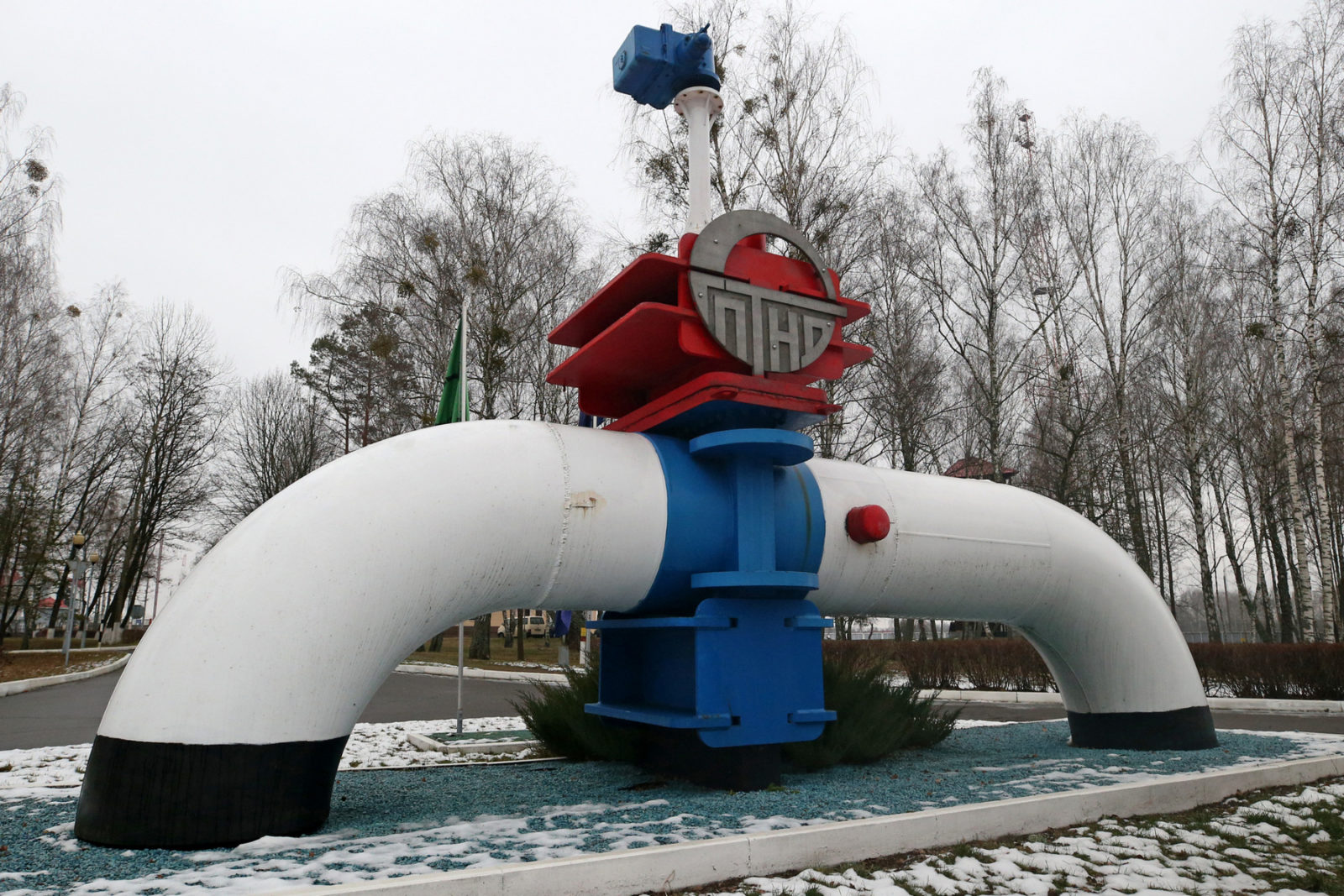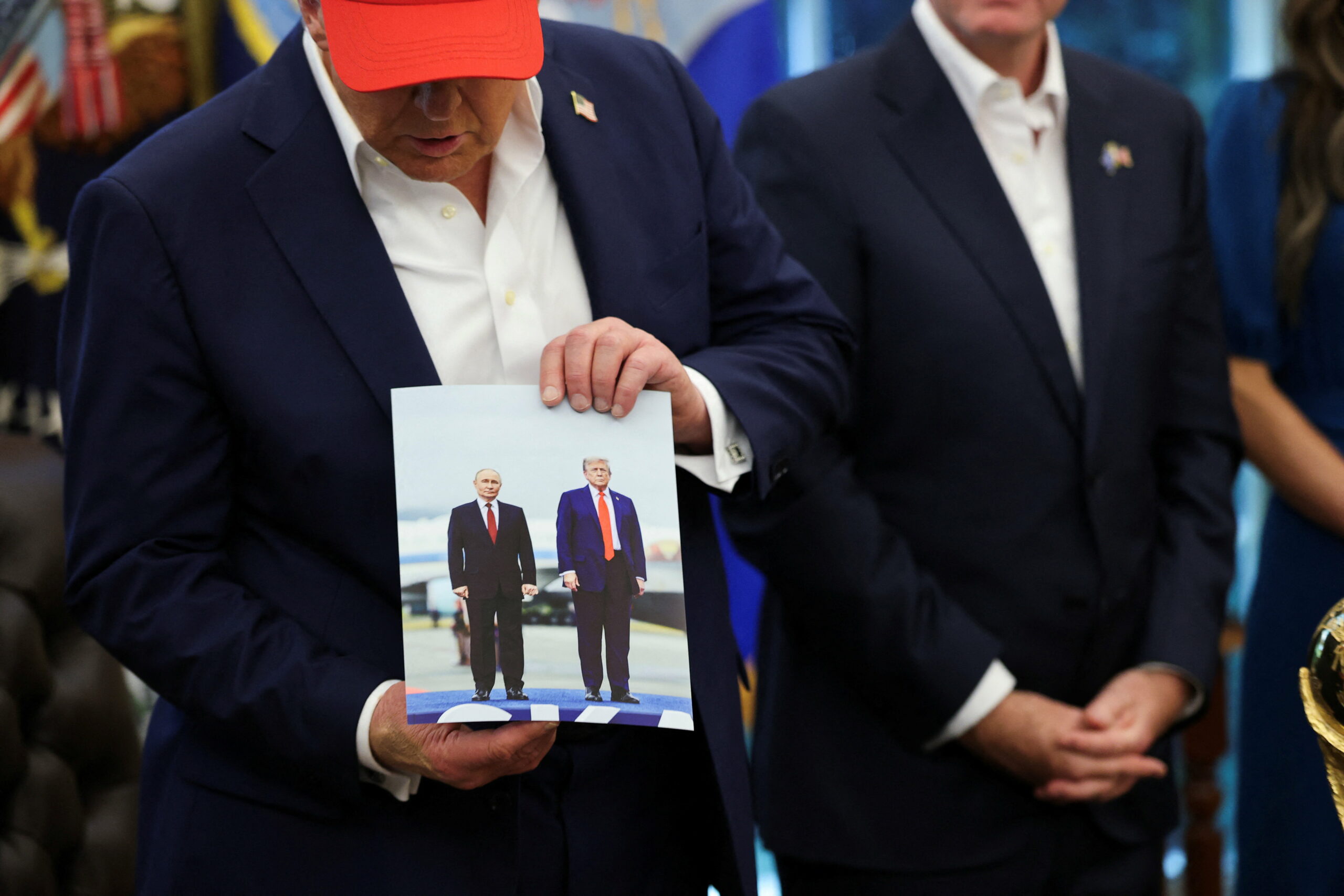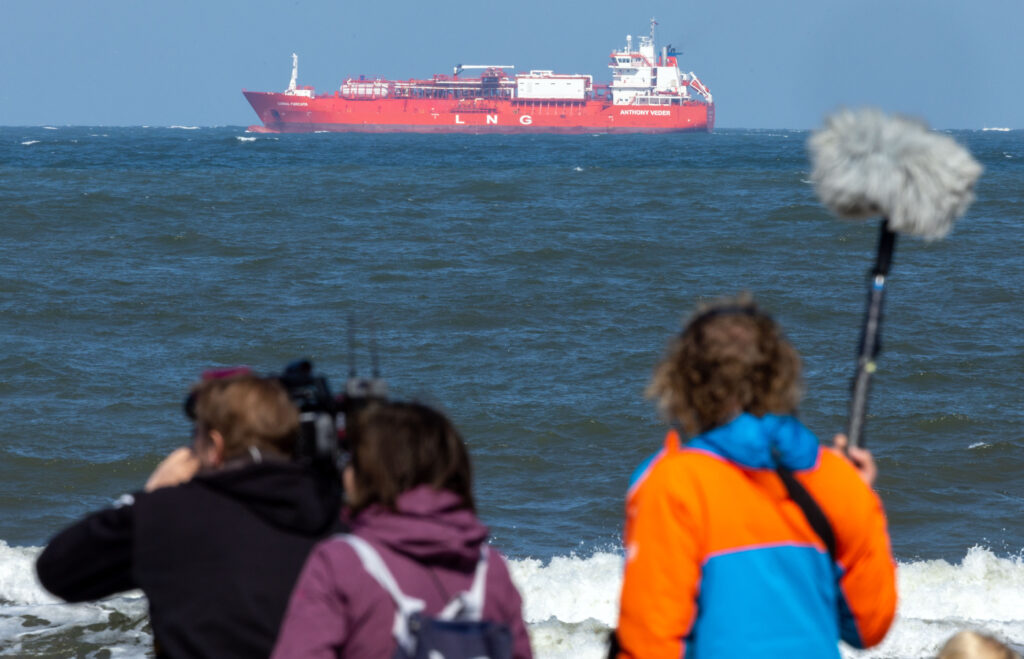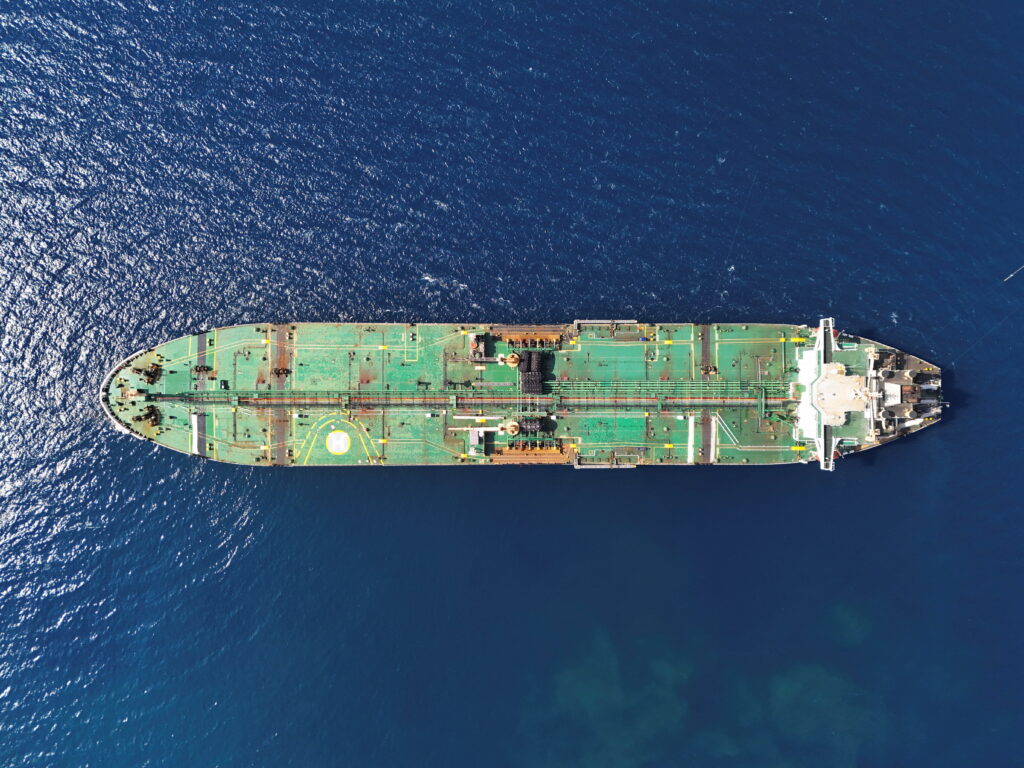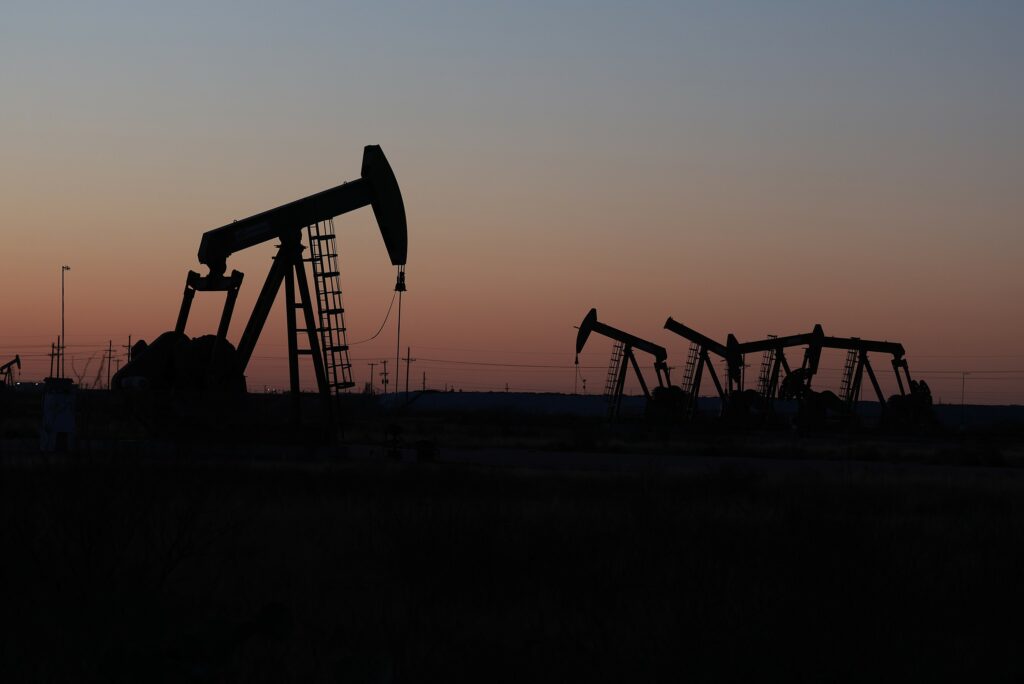Talks in Sochi last December confirmed that Belarusian-Russian relations have reached an impasse. Negotiations on December 20 turned out to be futile, leaving the further development of the situation dependent on the readiness of both sides for further escalation. As their actions over the New Year have demonstrated, both Moscow and Minsk are ready for a showdown.
From a War of Words to Deeds
The most recent round of negotiations between Belarus and Russia took place on the sidelines of the Eurasian Economic Union (EAEU) summit on December 20, and continued after the end of the conference. For the first time, the Kremlin openly stated its unequivocal position in favour of “deepening integration” between the two countries. In essence, this means that Belarus can only count on further economic support from Russia on the condition that integration is “deepened.” This “deepening” includes the harmonisation of the two countries’ taxation systems (as Putin remarked during a press conference on December 19), as well as the signing of the “31st Integration Roadmap” on the creation of supranational bodies and the transformation of the Union State, the loose association between Russia and Belarus, into a fully-fledged confederation (as Dmitry Medvedev put it during a discussion with journalists on December 23).
The Russian side, naturally, understands full well that the Belarusian leadership will never agree to these conditions. Moreover, their implementation does not even guarantee that Minsk will receive any economic support from Moscow, but merely makes it “possible.” Thus the Kremlin’s decision to show its hand in this way should not be interpreted as another step within the framework of bilateral negotiations, but as a unilateral action. By proposing clearly unacceptable conditions for taxation, and by declaring a gas price increase from $127 to $152 per 1,000 cubic metres), the Russian leadership has foreclosed the possibility of finding a compromise with Belarus. This step has pushed their Belarusian counterparts to respond with an escalation, resulting in a higher stakes game for all concerned. At the same time, the Kremlin’s calculation supposes that in the long run, Belarus would not have the resources to weather a lengthy and intense confrontation, particularly given the rising prices of both oil and gas.
After the summit in Sochi, the Belarusian side tried to seize the initiative. Firstly, in an effort to influence public discussion about Belarus-Russia relations, President Aleksandr Lukashenka gave an interview to Alexey Vendiktov, editor-in-chief of the Ekho Moskvy radio station. Lukashenka stated that in the absence of any concessions from Moscow, Minsk would start to seek and purchase oil from alternative sources. Belarus would do this, he continued, even if it meant operating the Druzhba pipeline in reverse mode, which would render at least part of the important pipeline unable to export Russian oil (export through Druzhba is now expected to decrease from 60 to 20 million tonnes per year.)
The Belarusian president has a history of making such grand statements. But this time, the Belarusian side quickly matched those words with deeds. On December 31, Lukashenka held a meeting with the management of Belarus’s petrochemical sector and instructed them to conclude negotiations with Russia and start searching for other oil suppliers. The very next day, on January 1, 2020, it was announced that Russian oil was no longer being supplied to Belarusian refineries.
A Slippery Customer
In the space of just a month, the main sticking point in Belarusian-Russian relations changed several times. At first it was “deepening integration,” followed by gas supplies. Once a gas truce had finally been reached in the last hours of 2019, a problem arose with oil supplies. And considering that the gas agreements which were reached (delivery on 2019 terms, at $127 per 1,0000 cubic metres) are only valid until the end of February 2020, it certainly cannot be said that they have finally resolved the problem.
Many media outlets quickly blamed the Russian side for cutting off oil supplies to Belarus in early January 2020, due to a lack of clarity about the terms of supply. In fact it was the Belarusian side, acting in accordance with Lukashenka’s warnings, which stopped the purchase of Russian oil. Supply was stopped after additional telephone conversations between Lukashenka, Russian President Vladimir Putin, and Russian Minister of Energy Aleksandr Novak on December 30 and 31, 2019. However, Moscow was not in anybody’s debt over the matter and announced that Minsk had been compelled to stop purchasing Russian oil precisely due to Moscow’s tough political bargaining.
Since January 1, 2020, Belarus’s oil refineries have been operating on their reserves. According to official government figures, this should suffice for at least 20 days of continuous operation. At the same time, exports of Belarusian oil products have ceased. On January 4, the GomelTransNeft Druzhba company announced the resumption of Russian oil supplies to Belarus, to the Naftan refinery in the city of Novopolotsk in the country’s north. Some 130,000 tonnes will be delivered in coming days; the volume of deliveries is expected to amount to 600,000 tonnes of oil per month. This is significantly lower than the volume purchased by Belarus in 2019 — an average of 1.5 million tonnes of oil per month.
The price Belarus pays for Russian oil in 2020 has increased by five percent compared to 2019, due to Russia’s implementation of new taxation measures. The Belarusian side’s losses (from rising prices and lowering export duties) could reach up to $320 million, at an average proce of $60 per barrel. Minsk is trying to compensate for these losses by removing the premium which Russian companies supplying oil to Belarus receive for their services — about $10 per tonne, or $180-$240 million per year depending on the volume of supplies. Nevertheless, the Belarusian side has not yet been able to win any concessions here from its current suppliers. As Russian media have reported, the oligarch Mikhail Gutseriyev, the owner of the RussNeft company who is believed to be close to the Belarusian leadership, agreed to supply oil without being given a “prize.” Or is he? Gutseriyev’s Slavkali company is currently implementing a major potash project in Belarus supported by a Chinese loan underwritten by the Belarusian government — lending a hand to the state during energy difficulties seems quite a logical step on Gutseriyev’s part given that, even without a premium, supplying oil to Belarus remains a profitable business.
On January 8, the management of the Belarusian state owned company Belneftekhim announced that Russian oil had not yet arrived at the Mozyr South refinery in Belarus, and that the refinery itself was still operating at minimum capacity due to the few reserves it had available. Deliveries from independent Russian suppliers (most likely RussNeft) are being made along the northern pipeline route to the Novopolotsk refinery. However, given that the Russian security services have started to pay attention to the companies owned by Gutseriyev and his family, it is unlikely that Minsk will be able to count on stable supplies from RussNeft — particularly not if there is a further deterioration of relations with Moscow.
But what of the oil deliveries from non-Russian suppliers? They have yet to be organised; there do not appear to be many options. The Ukrainian authorities recently noted that it is unlikely that Belarus would be able to transport oil through the southern pipeline route, leading from the Black Sea port of Odessa to the town of Brody in Ukraine’s north-west. This route, they continued, would not be feasible for the next two years, and in any case a request has not even been made to formally consider the issue. An alternative southern route could be to transport oil along the Dnieper and Pripyat rivers, for which Belarus is constructing a river port in the village of Nizhnye Zhary, in the Braginsky District of the Gomel Region. But this route is also not yet operational; Belarus dredged the riverbeds on its side of the border in 2019, but the Ukrainian side has not yet done the same.
A more likely solution involves supplying oil along the northern route. During a visit to Belarus, Latvian Prime Minister Krišjānis Kariņš proposed this option, as did the Lithuanian government. Imports of Saudi oil via the Polish port of Gdańsk are also being seriously considered. When US Secretary of State Mike Pompeo planned to visit Belarus on January 4, 2020, there was talk of discussing imports of American oil through Gdańsk. The visit was expected to be a new diplomatic breakthrough in relations between Washington and Minsk, but was postponed due to developments in Iraq.
All the above illustrates that negotiations with alternative oil suppliers have so far not shown any rapid progress. Obtaining oil from Poland by using the Druzhba pipeline in reverse is a solution bound to clash with the continued supply of Russian oil to Poland’s refineries; it is unlikely that Warsaw will turn its back on these deals. Azerbaijan has already proposed selling oil to Belarus, but nothing is known of the economic details. Negotiations with Kazakhstan have been “suspended” due to the unresolved issue of pumping Kazakh oil products through Russian territory to reach Belarus. On January 20, it became known that Belarus had imported 80,000 tonnes of Norwegian oil through the Lithuanian port of Klaipėda — but the transshipment costs of this route, combined with its onward rail transportation to Belarus, amounted to $20 per tonne. This fact alone probably makes Norwegian oil significantly more expensive than Russian (the precise price of the Norwegian contract has not been disclosed.) Thanks to this deal, Belarus was able to lift the ban on the export of its petroleum products — but even now, there are no grounds to consider that the volume of such exports could be restored to their previous levels.
In any case, Belarus’s search for alternative suppliers of oil could take weeks, if not months. It has been made even harder due to the current volatility in the oil market, provoked by the extremely tense relations between the USA and Iran. Therefore, the most likely scenarios in the near future are either Minsk’s eventual acquiescence to Moscow’s demands, Belarus continuing to import Russian oil — albeit through middlemen, or simply a decrease in levels of oil imports and exports for as long as it takes until Belarus can finally develop alternative supply routes.
Elections, Risks, and Spies
In the long term, the central issue is not Belarus’s physical access to alternative sources of oil — Minsk will eventually find them if it is prepared to pay. But how much? Moscow’s strategy revolves around the financial losses which Belarus will incur for securing access to alternatives. Oil prices have peaked locally, meaning that Belarus will bear the brunt of financial losses — it does not export oil products itself, but merely supplies them to the domestic market at a loss. Future deliveries of oil from alternative sources (or from Russia via intermediaries) will be expensive and will drastically reduce the profit margin of Belarus’s oil refining industry. Minsk will have to contend with all these factors, and could face even higher prices for Russian gas once its “truce” with Russia expires at the end of February 2020.
These losses will create considerable gaps in the Belarusian state’s finances and represent a major obstacle to the government’s plan to raise public sector wages in 2020. In fact, they are starting to cause tensions already among certain professionals who have traditionally been guaranteed a relatively high level of income: employees of Belarus’s refineries and related structures in the energy sector. Furthermore, the unpleasant story of Belaruskaliy could be instructive. Another potash manufacturer, Belaruskali was forced to reduce its output and exports under donations of a contract with China — the company’s traditionally highly paid workers were sent away on unpaid leave.
A crucial point is that these events take place on the cusp of a presidential election of Belarus. They could seriously complicate the task of getting Lukashenka re-elected for another term, and make it difficult to maintain stable and manageable social and political atmosphere in the country should Moscow attempt to interfere in the vote.
Under such conditions, the Belarusian leadership is staking everything on its ability to use force to maintain political stability. Recently, several appointments to the “power ministries” (otherwise known as siloviki, meaning the military, police, security services, and interior ministry — ed.) have been made. The country’s new defence plan, adopted in December 2019, also foresees the possibility to counter the threat of a possible internal conflict including elements of external intervention. But given an extreme shortage in financial resources and growing external pressure from a more powerful neighbour whose loyalty certainly does know bounds, the Belarusian authorities could find themselves facing a trickier situation than they envisage. The prospects for resolving it with police, spies, and soldiers — essentially, by force — may also be poorer than they are prepared to recognise.
